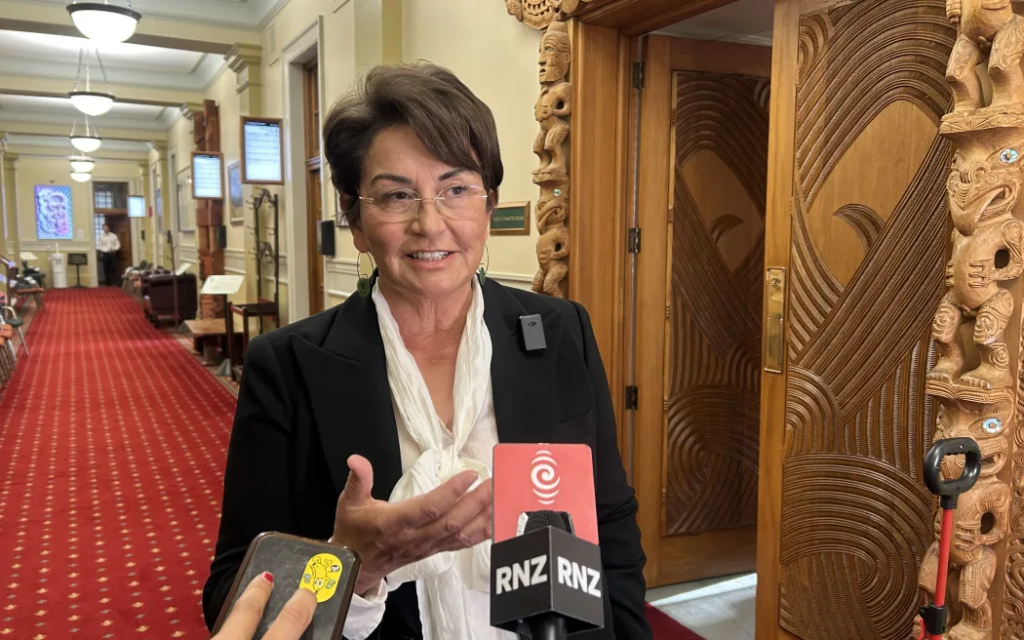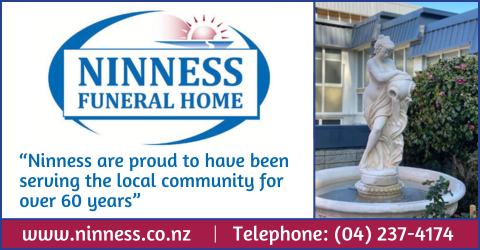
Lillian Hanly, Political reporter for RNZ
Former National Minister Hekia Parata said the Treaty Principles Bill is “unreliable and unnecessary,” recommending the Justice Select Committee report the “irretrievably flawed” bill back to the House, and…
“Waste no further resources nor our nation’s tolerance, says Parata”
Parata and former Labour prime minister Sir Geoffrey Palmer were among those making submissions on Thursday as the Justice Select Committee resumed hearings on the bill.
The committee is due to hear 80 hours in total of submissions on the controversial bill over the course of a month.
Parata said the principle of equality was well known to New Zealanders.
“My issue is not that we need new principles. We need those that we already have to be practised and to be practised fairly and justly across all New Zealanders.”
Parata argued there had been a persistent conflation of the collective rights held by iwi, hapū and tāngata whenua, which are practised and related only to their specific rohe (region) and the individual citizenship rights Māori have as New Zealanders, which they are free to exercise anywhere they choose to make their home in this country.
“It is this persistent failure of public policy and public management that creates many of the misunderstandings that New Zealanders have.”
She said “marches up and down the country” will continue, unless “we really tackle this issue of the definition of rights and the right holders and the circumstances in which those can be exercised.”
Parata said it’s “ironic” the courts are identified as a key institution of democracy, but “because the current set of judgments and principles aren’t agreed with, then we must start again.”
“I think that’s an absolute nonsense.”
She was also disappointed the Treaty Principles Bill was part of a National-led coalition.
As the MMP system matures here in New Zealand, she said she thinks parties will get better at negotiating shared outcomes, “rather than simply, this is my patch, and I’m heading in that direction, this is my patch, and I’m heading in that direction.”
“I’m very proud of the national government that I was a part of.”
“We saw and understood that iwi were rights holders and were committed to resources and the development of our country, and that we could get done more together, then separately, and that’s what the treaty anticipated.”







































